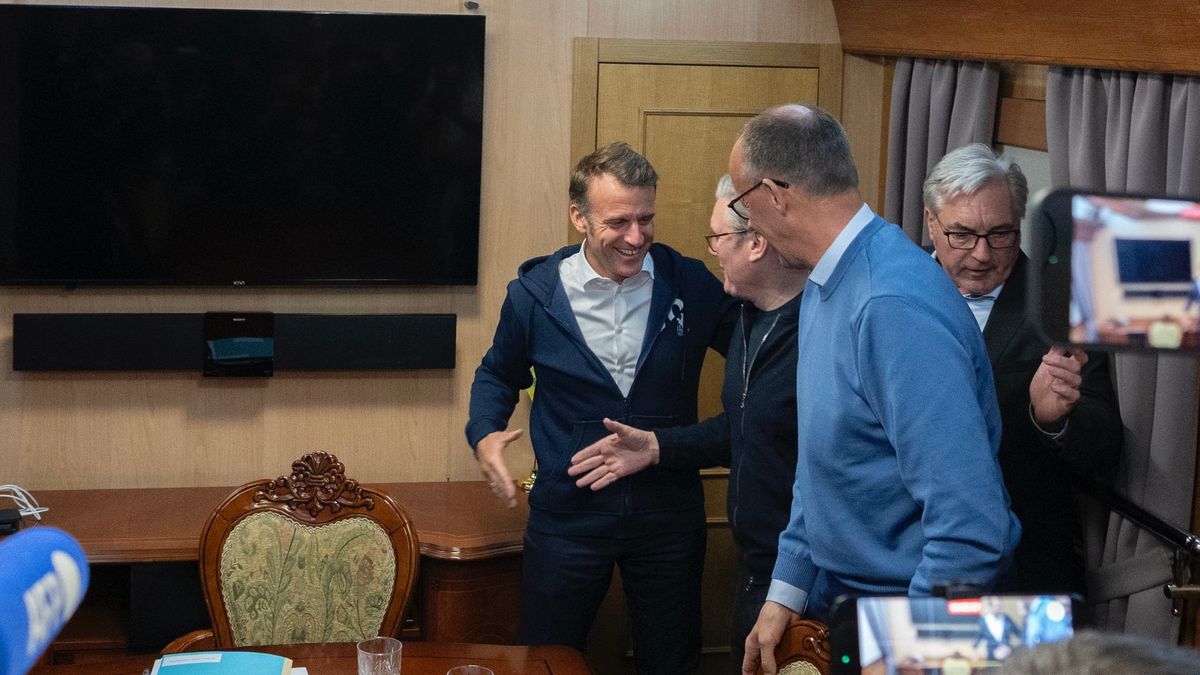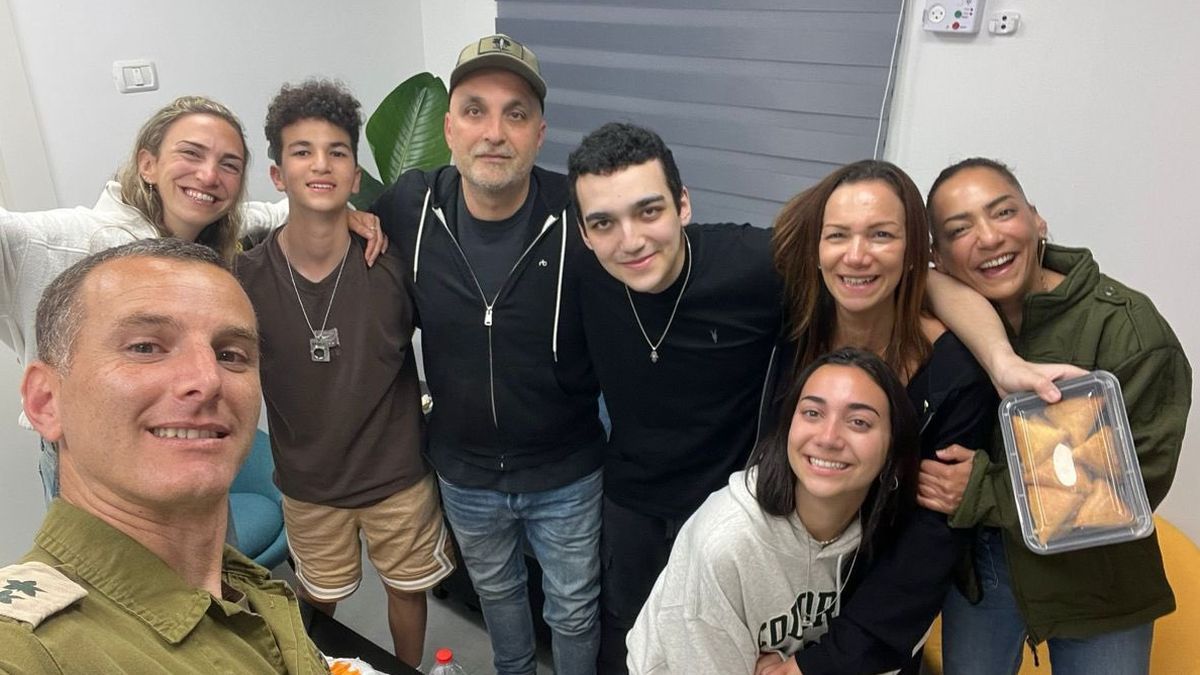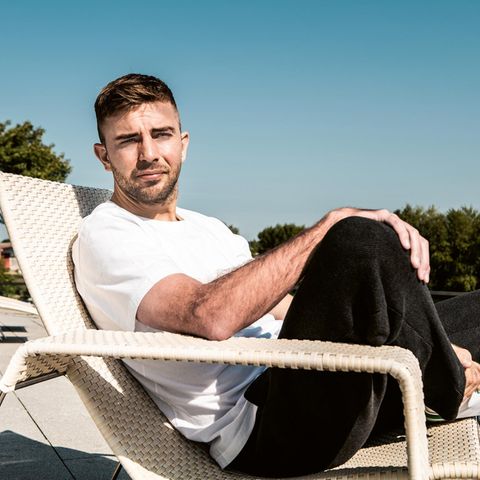A referendum has divided Australia for months. The question was whether indigenous people should be given a greater political say. It is now clear: the road to reconciliation is still long.
Australia’s indigenous people will not have a greater political say in the future. This is the result of a historic referendum. A clear majority of the 18 million eligible voters (including 530,000 indigenous people) spoke out against the plan in the so-called voice referendum on Saturday. According to preliminary results, all six states also voted against it. In Australia, a double majority is needed to change the constitution: Not only must more than 50 percent of all voters say “yes”, the majority of the states must also be in favor.
Specifically, it was about whether the Aborigines should have a say in parliament in the future, as enshrined in the constitution. If successful, a body elected by them would have advised Parliament on issues that directly affect indigenous people. It would then have been left to the MPs to follow the advice or not.
The conservative opposition in particular had raised massive opposition to the plans in recent months and changed opinion in the country after the majority of the population had initially leaned towards a “yes”. But some indigenous people were also against it. The plan didn’t go far enough for them.
What does Prime Minister Albanese say about the result?
For Prime Minister Anthony Albanese, who fulfilled an election promise with the referendum – the first in Australia in 24 years – the “no” vote is a serious defeat. Shortly after the results were announced, voices began to be heard calling for his resignation. The 60-year-old, however, said in an emotional speech that he respected the result, but would continue to work for reconciliation with the indigenous people and an end to the divide in society. Indigenous Australians Minister Linda Burney tearfully spoke of a “sad day for Australia”.
Albanese had been promoting his cause for months. Just a few days ago he took part in a ceremony with indigenous people at Uluru (formerly Ayers Rock).
“This referendum is a chance to make history,” Albanese said on the morning of the vote. “The chance to accept the dignified invitation of the first Australians to recognize them in our founding document.” The indigenous people finally wanted to be heard and have a voice when it came to their own concerns. In the evening he said: “I have done everything I could do.”
The declared goal of his government is to improve the reality of life for disadvantaged and discriminated against indigenous people. Today they make up around four percent of the population. In many places they live on the fringes of society. The Aborigines are considered the oldest surviving culture in the world and have populated the continent for more than 65,000 years. With colonization by the British, a time of severe oppression began for them. They are not even mentioned in the constitution adopted in 1901. They were only granted civil rights in 1967.
Until the 1970s, indigenous children were also taken away from their families to be “re-educated” in Christian institutions or with white families. It was only in 2008 that the government under then Prime Minister Kevin Rudd apologized for the suffering caused to the victims of the “Stolen Generation”.
Source: Stern
I have been working in the news industry for over 6 years, first as a reporter and now as an editor. I have covered politics extensively, and my work has appeared in major newspapers and online news outlets around the world. In addition to my writing, I also contribute regularly to 24 Hours World.




